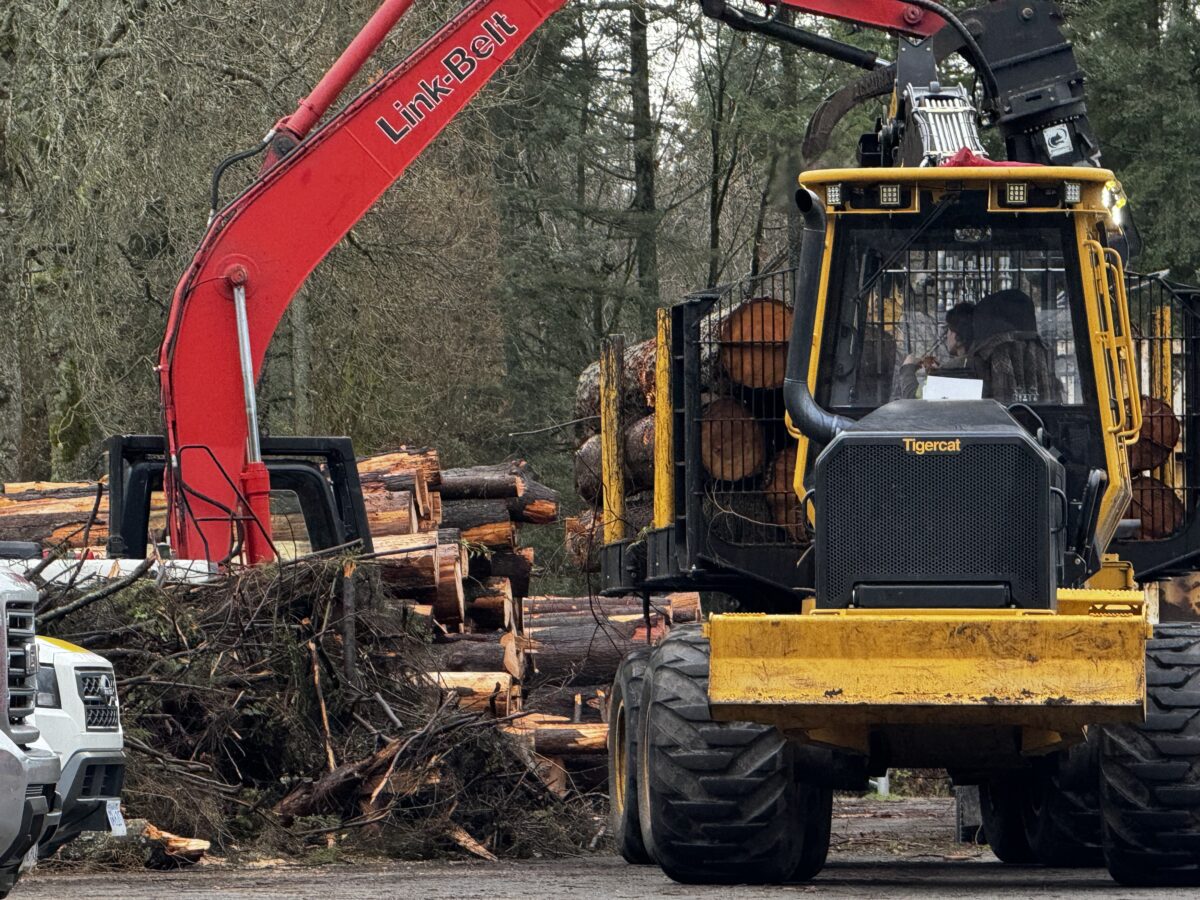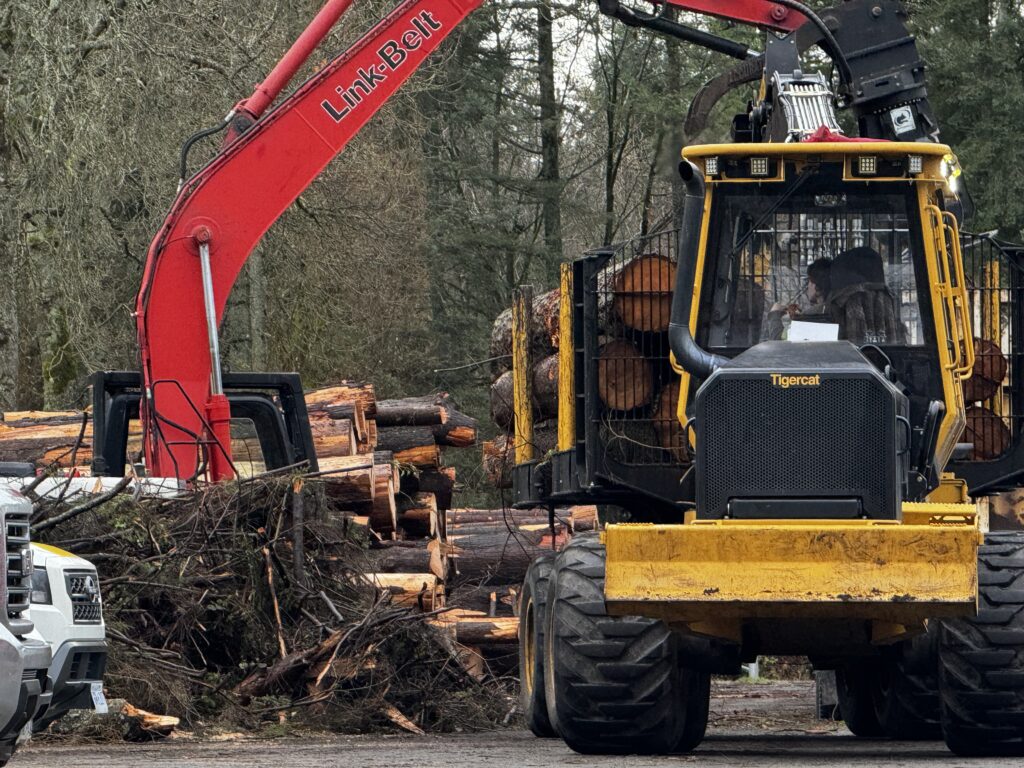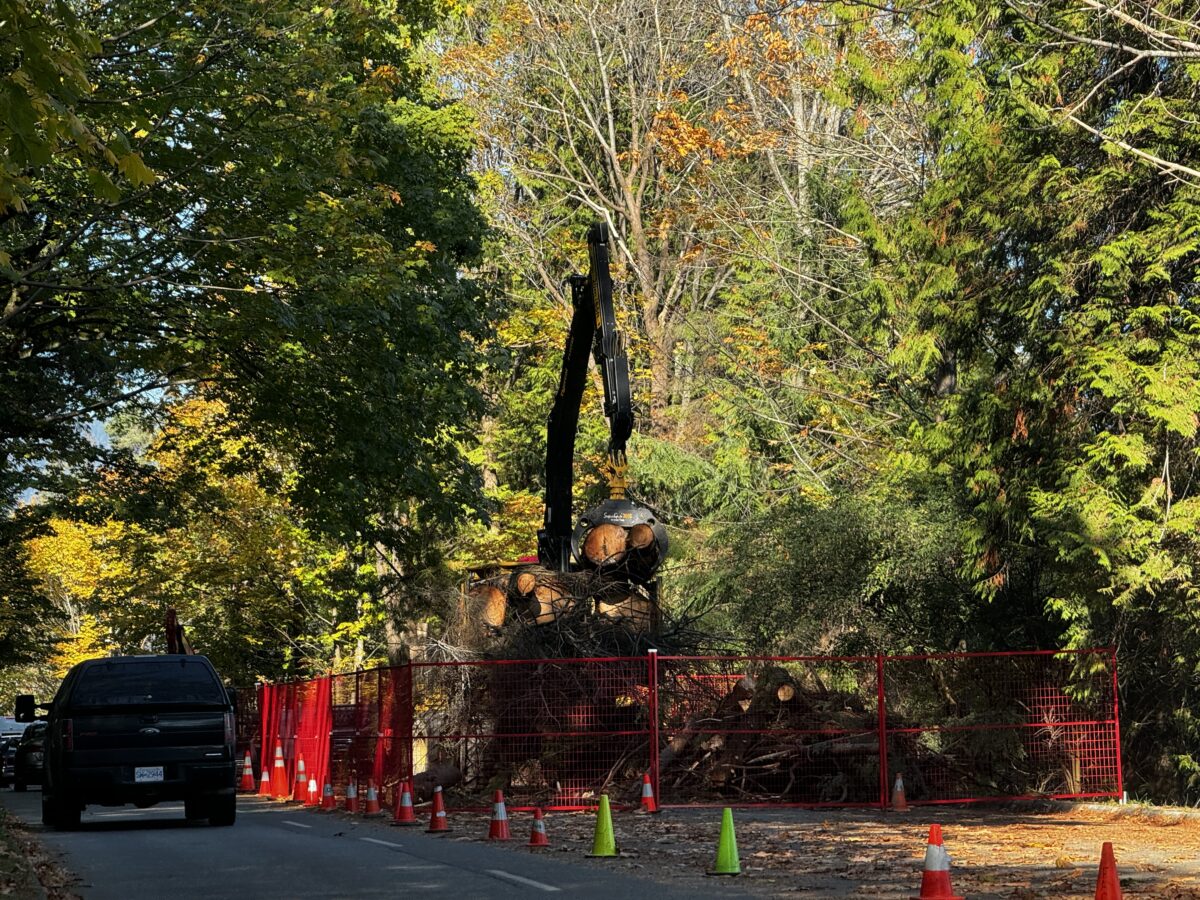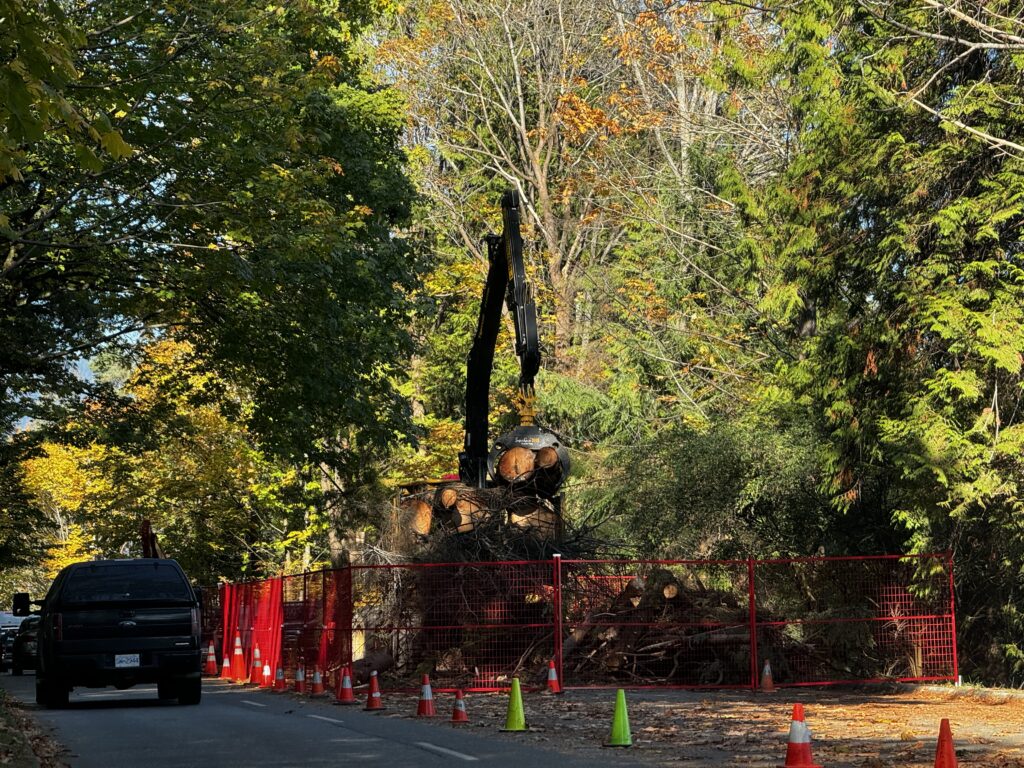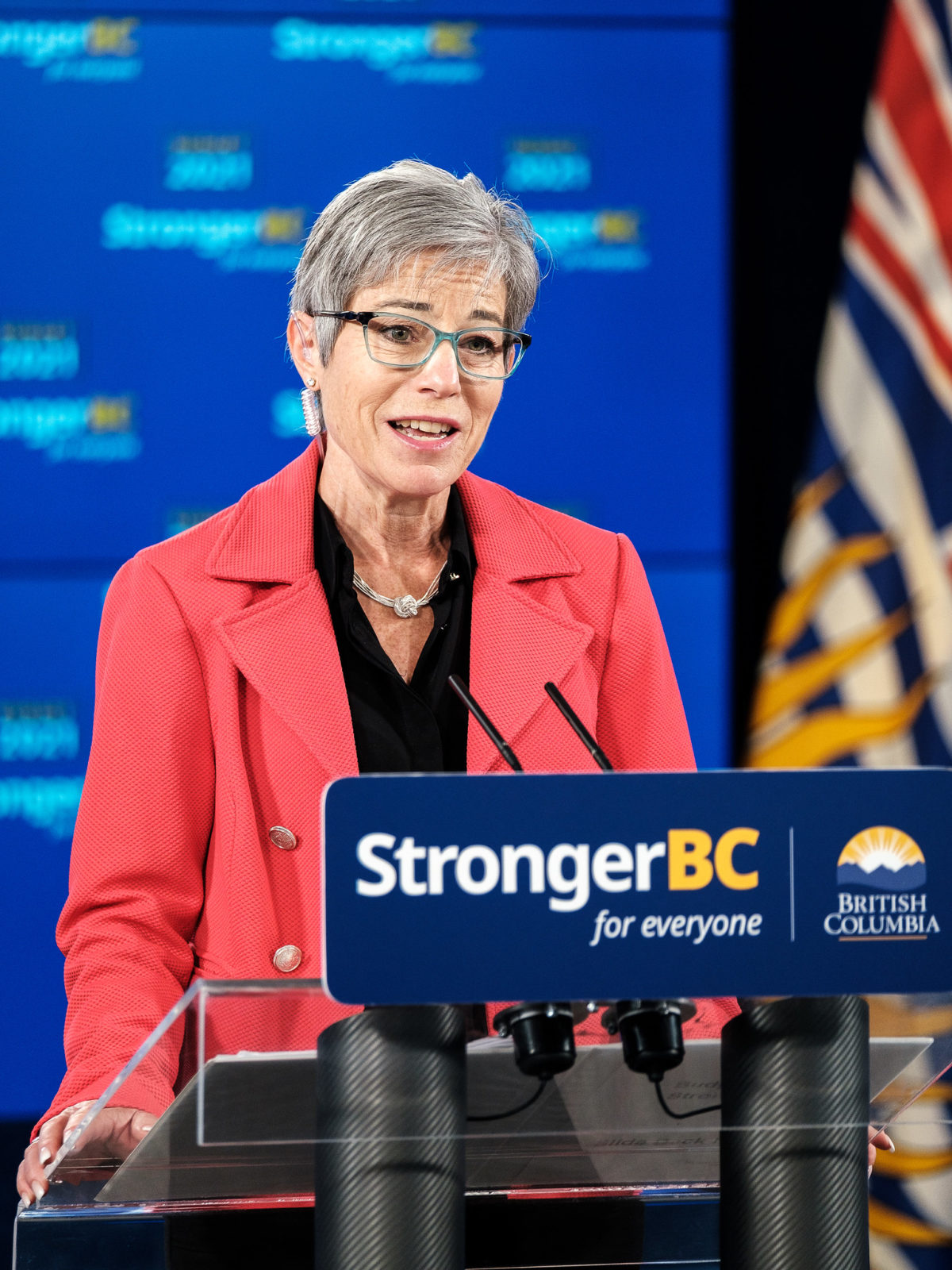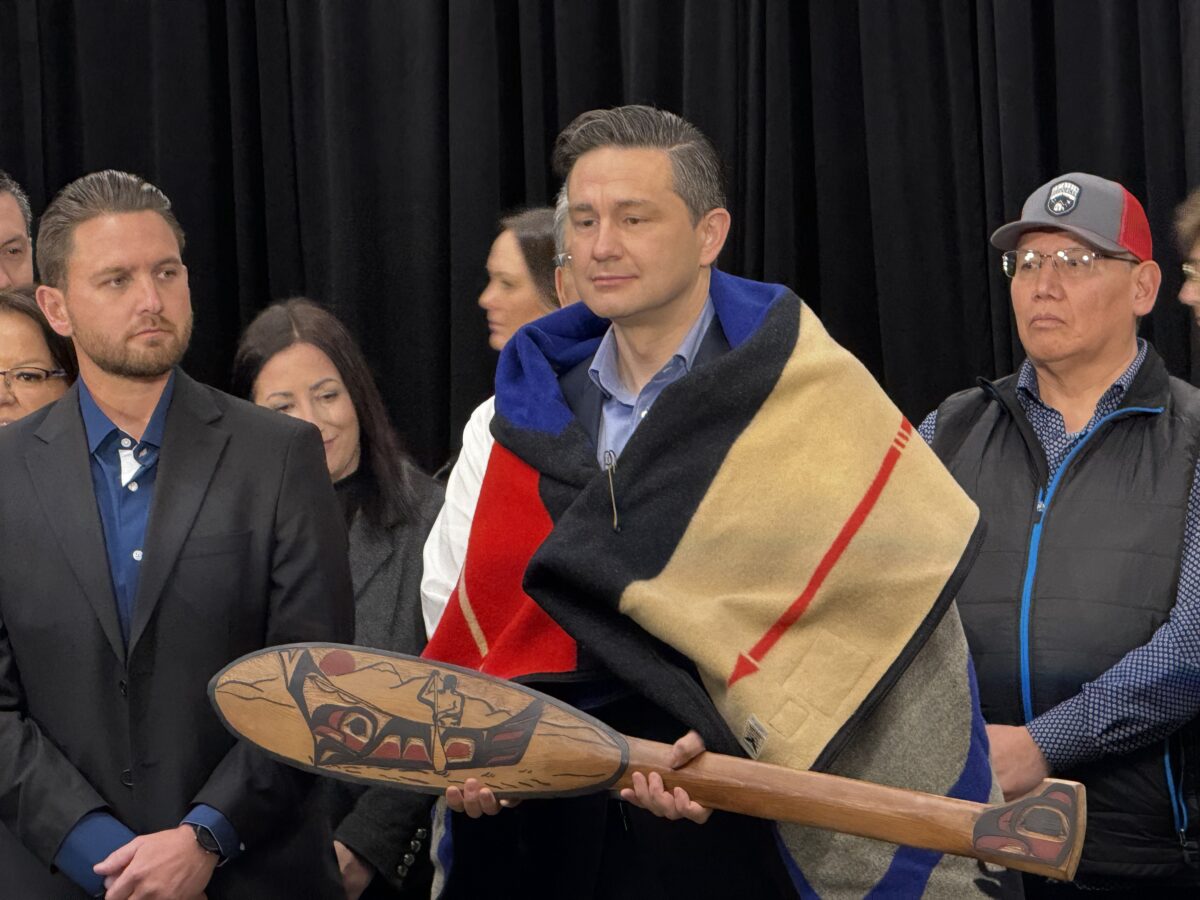Lack of technician prolonged Lions Gate Hospital power problems after balloon-caused blackout
Bob Mackin
Lions Gate Hospital (LGH) staff and patients had to wait an extra day to resume normal operations after a power outage last June, because technicians were unavailable on a Sunday.
When balloons got hung up in electrical wires behind an apartment building south of the hospital on June 17, the North Vancouver hospital’s emergency department and operating rooms lost power for five minutes at 2:45 p.m. and then for another 20 minutes at 4:30 p.m.

Lions Gate Hospital (LGH Foundation)
Internal email said an unspecified operation was taking place when the lights went out, but it was eventually completed.
Full power was restored after the second outage, but an immediate decision was made to temporarily divert all trauma and perinatal patients due to fears of a third outage.
“Patients presenting in labour, who are deemed to be safe for transfer, will be transferred to another hospital as quickly as possible,” patient care supervisor Hailey Dodge wrote at 5:54 p.m. on June 17. “Alternative plans may need to be made for those patients currently labouring in the community who are expected to present to the department.”
The next morning, Leanne Porter, the Vancouver Coastal Health (VCH) director of facilities maintenance and operations (FMO), contacted a BC Hydro account manager.
“Vital power did not automatically transfer to the generator, causing us to lose vital power for 20 minutes until the vital distribution could be transferred manually,” Porter explained.
Also on June 18, 2023, Nicole Adams from the communications department emailed VCH vice-president Darlene MacKinnon.
“FMO worked to identify the cause of the [censored] but a fix requires support from the vendors/suppliers — the suppliers — [whose names were censored] – have said they are unable to visit LGH to work on the issue until Monday,” said the email from Adams.

Vancouver Coastal Health
VCH requested extra staff for backup and warned staff to be prepared in case of another outage. They were asked to charge their phones and electronic devices, including ceiling lifts, beds, intravenous pumps, workstations on wheels, glucose meters, vital sign machines and tube feed pumps.
“If power does go out, the Code Blue buttons in the patient rooms may not work, so call 7111 in the event of any codes,” said the memo.
Battery packs were distributed to critical areas of the hospital. Flashlights were tested and prepared. Glow sticks were also available. Surgical appointments were cancelled, affecting orthopaedic, neurology, urology, gynaecology and head and neck specialists and their patients.
“I spoke to all patients myself and involved all affected surgeons in the decision as to who would be cancelled,” wrote VCH program manager Kelly-Anne Karse.
A total 23 surgeries were postponed, but 16 had been rescheduled or completed by June 27.
By the morning of June 19, generator technicians were on-site and testing underway, but intermittent power issues continued for another day.
“At 12:30 it was determined that all elective surgeries would be cancelled for the day and only emergency surgeries would be done,” said the June 19 update of the situation report.
“Four power bump tests completed to ensure issues had been resolved. All clear issued following resolution of issues and subsequent testing just after 13:00. Services that were temporarily paused resumed. Following all clear the [emergency operations centre] was stood down at 13:15.”
Porter declined to comment and referred a reporter to the VCH media office, which did not respond by deadline.
Support theBreaker.news for as low as $2 a month on Patreon. Find out how. Click here.
Bob Mackin Lions Gate Hospital (LGH) staff and








